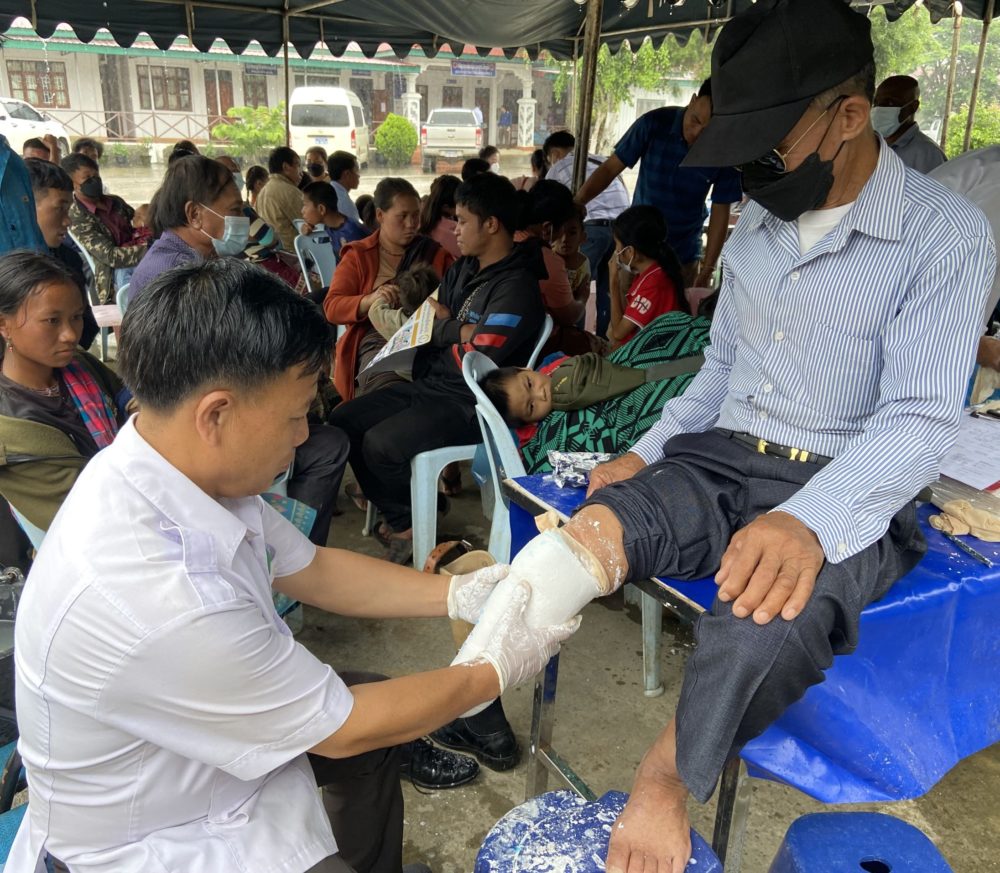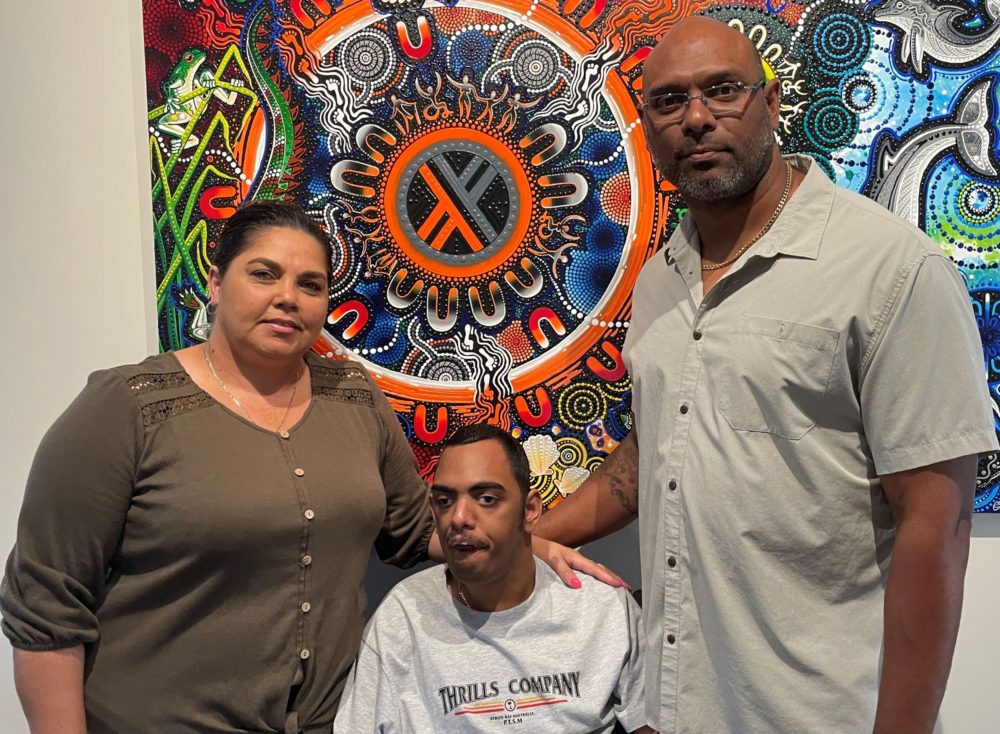By Neena Bhandari
Sydney, 14.03.2023 (Allergy and Respiratory Republic): Basic lung function tests could go a long way in preventing complications in polio survivors as they age. These patients often require specific respiratory assessment and recommendations for physiotherapy, orthotics and assistive technology to manage their condition, experts say.
“It is only in the last 20 to 30 years that there has been a better recognition of respiratory compromise in polio survivors,” Dr Stephen de Graaff, director of Pain Services and senior rehabilitation physician at Epworth Healthcare in Melbourne, tells ARR. “Respiratory physicians have a better knowledge and understanding of Late Effects of Polio and Post Polio Syndrome than previously, but we are still learning. Even within the universities and the medical fraternity, teaching emphasises the acute poliomyelitis condition rather than the Late Effects of Poliomyelitis or PPS.”
“The commonest cause of respiratory compromise in polio survivors relates to restrictive lung disease (a decrease in the total volume of air that the lungs are able to hold), but this is often confused with having obstructive lung disease as in asthma, chronic bronchitis or emphysema. However, it doesn’t exclude them from having obstructive lung disease”, says Dr de Graaff.


